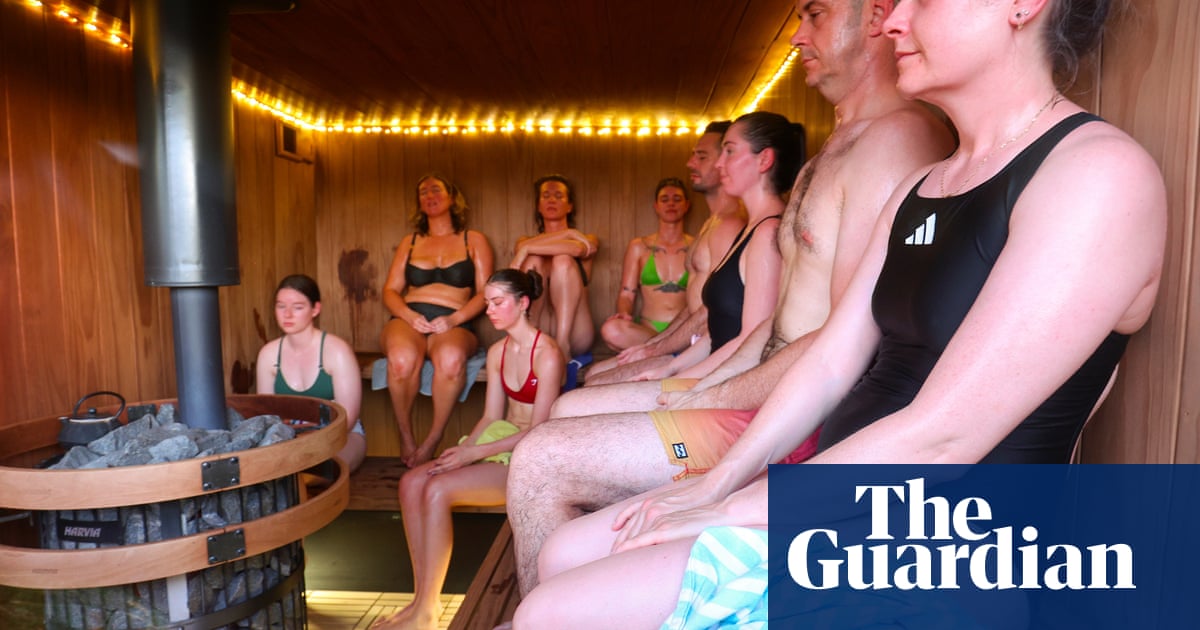On the facade of the Karyatis taverna in a plaza of palm trees and garden plants beneath the Acropolis, the notice says it all: “Seeking staff, chefs, waiters, kitchen personnel.”
With record numbers of tourists slated this summer to visit Athens, the restaurant’s owners are not taking any chances. “It’s becoming harder and harder to find employees,” said Dimitris Stathokostopoulos, who runs the eatery with his brother. “Tourism is definitely on the rise but these days Greeks prefer to work 9 to 5 office jobs that don’t require putting in hours at night, or over the weekend.”
In the countdown to the season getting into full swing, the search for staff to keep the industry afloat has assumed an unexpected urgency. Greece may be among Europe’s most popular destinations but workers are in short supply.
Shortages are such that just weeks away from tourists flying in, an estimated 80,000 work slots have yet to be filled in the food and hotel sector – the backbone of an industry that, at 25% of GDP, is the engine of the Greek economy.
Stathokostopoulos is not the only entrepreneur struggling to find staff to meet the demands of the popular taverna at what is likely to be the busiest time of the year.
Nationwide, hoteliers are in race to find front desk managers, cleaners, lifeguards, door staff, waiters and cooks. On big-draw islands such as Crete and Rhodes, reports of hoteliers poaching employees with promises of better pay and conditions from competitors have soared.
“It’s partly a legacy of the [Covid-19] pandemic, which all of Europe has felt but in Greece the problem is particularly acute,” said Giorgos Hotzoglou, president of the Panhellenic Federation of Workers in Food Service and Tourism (POEET). “What we’re seeing is an unprecedented lack of qualified and experienced workers, especially in the hotel and food industry, following the exodus of employees during the lockdown. Many never returned. As a result an estimated 80,000 jobs are now needed.”
For Hotzoglou the sector’s seasonality is to blame. “Once the season is over workers are entitled to only three months of unemployment benefit. When there’s a cost of living crisis, how are they expected the rest of the year to possibly survive?”
Tourism is not the only sector hit by the labour shortages. Construction and agriculture have also been affected by the scarcity in a country not only confronting a dramatic demographic decline but still reeling from the exodus of more than 500,000 mostly high-skilled students and workers at the height of its near decade-long economic crisis.
In a bid to address the problem, partly because of pressure from local MPs, the centre-right government has sought to legalise the status of about 30,000 unregistered migrants. It has also signed an array of bilateral agreements “for labour mobility” with third countries including Egypt, Vietnam, Bangladesh, Georgia, India and Moldova.
“I’ve just received a recruitment offer from a company in Dubai that I’m considering,” said Stathokostopoulos. “A Bangladeshi is working in our kitchen and he’s excellent. It’s people from Asia and other parts of the world who are now applying for this type of work.”
Asylum seekers, until recently languishing in refugee facilities, will take up jobs in northern Greece later this month after being trained by the Hellenic Hotel Association – a groundbreaking step in a nation where the coastguard and other officials have been accused by human rights groups of illegal pushbacks to keep migrants at bay.
Since assuming the helm of the migration ministry in March, Makis Voridis, a former far-right student activist, has vowed to expel “illegal migrants”, tightening a government policy that takes a “tough but fair” approach to immigration.
after newsletter promotion
“It’s inconceivable that we’re discussing an increasing number of deportations when statistics show that in Greece 750,000 work positions will need filling by 2050,” said Sofia Kouvelaki, who heads the Home Project, an organisation that supports refugee and migrant children in Athens. “More than 1,400 kids have passed through our shelters and hundreds have thrived when given the opportunity in often very high-skilled jobs.”
It is not lost on officials that Greece’s dilemma has also been spurred by its own success: in a resurgent economy that is also one of the fastest growing in Europe, unemployment rates have halved, dropping from 18% to 9%, over the past six years.
“Five hundred thousand new jobs have been created in areas ranging from construction to logistics, retail services and healthcare,” said Spiros Protopsaltis, the governor of the Greek public employment service, DYPA. “The rhetoric around job vacancies is, I think, a little inflated but there are still untapped sources of labour … starting with women.”
Time is of the essence. By 2028, Athens’ tourism ministry has forecast 40 million visitors – nearly four times the country’s population – a result of increased arrivals mostly from the emerging markets of India and China.
Greece has begun actively recruiting abroad, holding career day job fairs in Germany, Holland and the UK. In addition to foreigners, the hope is that Greeks who left during the financial crisis will also return, said Protopsaltis.
“We tell people: ‘come back,’” he said. “The Greek economy is not what you remember. It’s doing very well.”

 1 month ago
29
1 month ago
29

















































